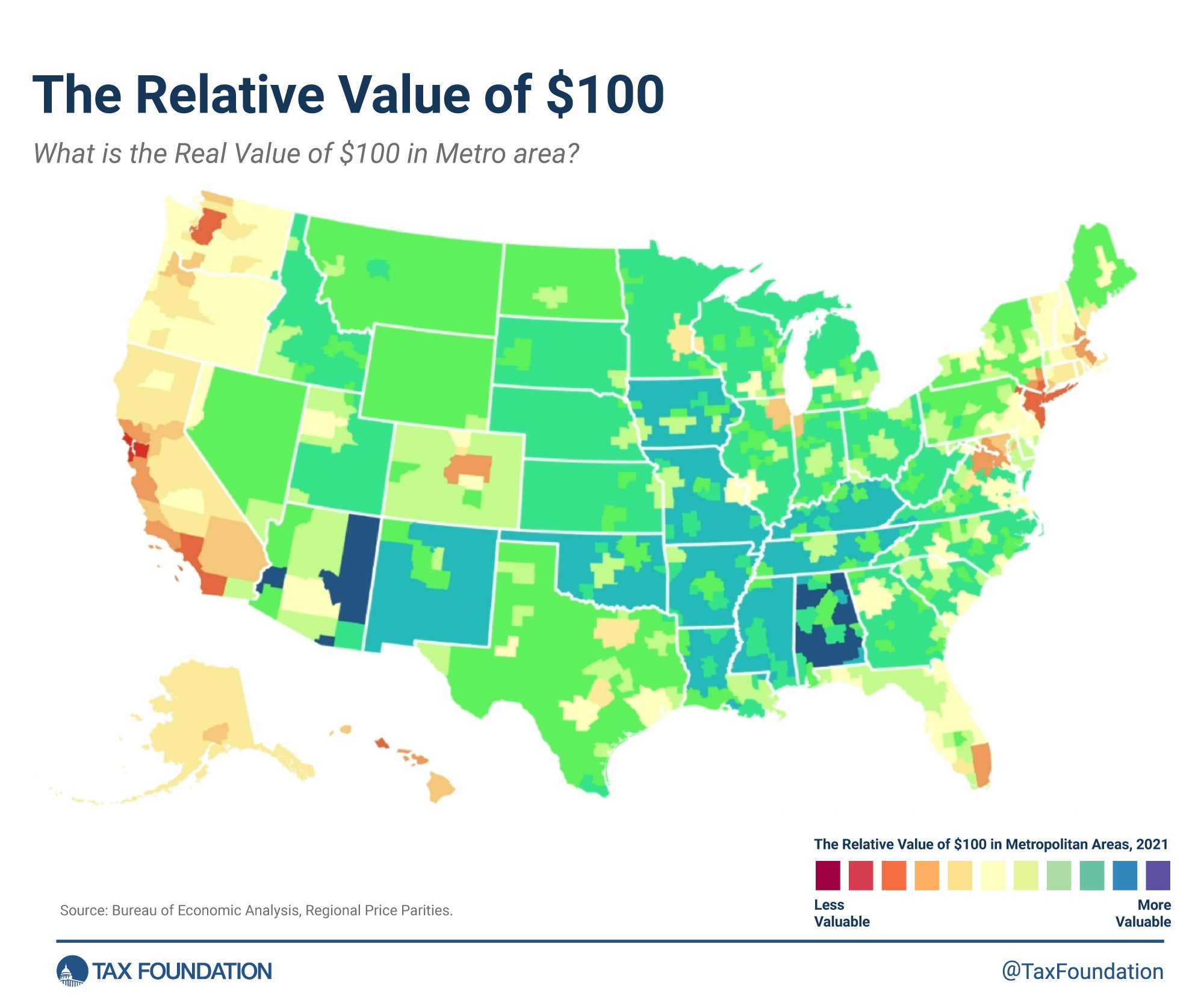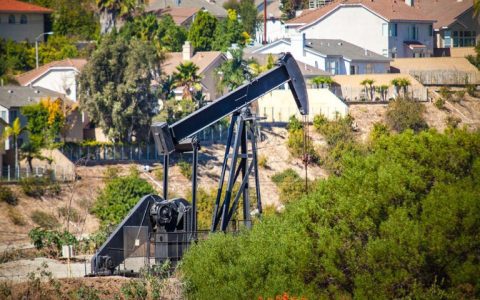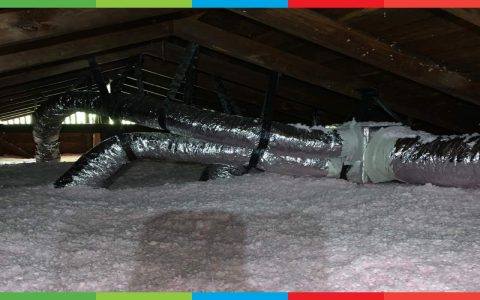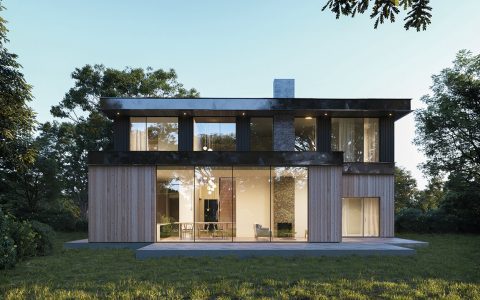The cost of buying a town varies dramatically, influenced by numerous factors. There is no standard price.
Key Factors Influencing Price
- Location and Desirability: A town in a scenic or economically active area will cost more than a remote, dilapidated one. Proximity to larger cities or attractions also plays a significant role.
- Size and Acreage: The physical land area included in the sale directly impacts the price.
- Existing Infrastructure: The presence and condition of roads, utilities (water, sewer, electricity, internet), and public buildings are major cost determinants. A town requiring significant infrastructure investment will be cheaper upfront.
- Number and Condition of Buildings: The quantity, type (residential, commercial, historic), and state of repair of included structures are crucial. Turn-key properties command higher prices.
- Population and Economic Activity: A town with existing residents, businesses, or income-generating potential (e.g., tourism, agriculture) will generally be more expensive. "Ghost towns" with no population are typically at the lower end.
- Included Assets: This can range from just the land and basic structures to fully furnished homes, operating businesses, or even natural resources like mineral rights or water rights.
- Market Conditions: General real estate trends and the specific demand for unique properties like towns will affect pricing.
Price Ranges (Illustrative)
While highly variable, some general ranges can be observed:
- Very Small/Remote/Fixer-Upper Towns: These can sometimes be found for $50,000 to $500,000. These often require substantial investment post-purchase. Examples include abandoned mining towns or very small, isolated hamlets.
- Moderately Sized/Some Infrastructure: Towns with some existing, albeit perhaps dated, infrastructure and a few habitable buildings might range from $500,000 to a few million dollars.
- More Developed/Historic/Potential: Towns with good infrastructure, multiple well-maintained buildings, potential for development, or historical significance can command prices from several million to tens of millions of dollars. Some unique, well-preserved, or income-generating towns have sold for even more.
Beyond the Purchase Price
It is critical to remember that the initial purchase price is only one part of the equation. Prospective buyers must also consider significant ongoing costs, including:

- Property Taxes: These can be substantial.
- Maintenance: Roads, buildings, utilities, and landscaping require continuous upkeep.
- Insurance: Covering an entire town's assets will be a significant expense.
- Utilities: Even if the town generates its own, there are operational costs.
- Staffing: Depending on the size and services offered, staff may be needed.
Purchasing a town is a complex undertaking, often requiring specialized legal and financial advice.









